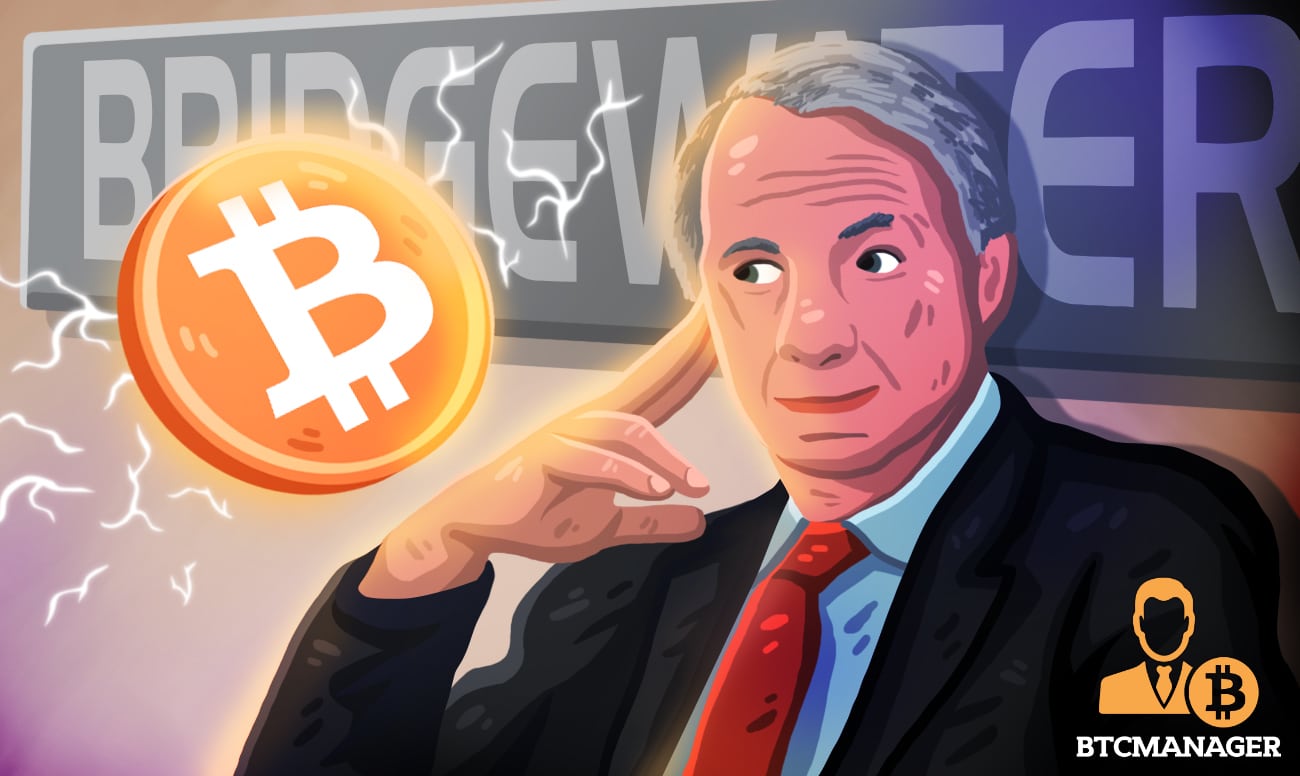Bridgewater’s Ray Dalio Says Bitcoin’s a Great Invention Despite Regulatory Uncertainties

Bridgewater’s Ray Dalio has released a fresh note on January 28, 2021, clarifying his previous stance on bitcoin (BTC). The billionaire hedge fund manager has also hinted that Bridgewater is seriously weighing the possibility of diversifying into bitcoin (BTC).
Ray Dalio Weighs Bitcoins Pros & Cons
Ray Dalio, the billionaire chief investment officer of Bridgewater Associates, the world’s largest hedge fund, has shared his thoughts once again concerning the world’s flagship cryptocurrency, bitcoin (BTC) in a newsletter titled “What I Think of Bitcoin.”
In the lengthy note, Dalio, who had previously criticized bitcoin for its super volatility, described the digital currency as “one hell of an invention,” praising its resilience over the years, as well as its newfound popularity among institutional investors, as a hedge against hyperinflation.
“I believe Bitcoin is one hell of an invention. To have invented a new type of money via a system that is programmed into a computer and that has worked for over 10 years and is rapidly gaining traction as both a type of money and a store hold of wealth is an amazing accomplishment.”
Bitcoin No Longer a Speculative Asset?
At a time when the coronavirus pandemic is hitting the global economy hard, with the Biden administration gearing up to print and spend more dollars via economic stimulus packages, Dalio says bitcoin has successfully transitioned from being a speculative asset to a robust investment vehicle that could surge in value in the near future.
“It seems to me that bitcoin has succeeded in crossing the line from being a speculative idea that could well not be around in short order to probably being around and probably having some value in the future.”
Despite its sterling features (limited supply, portability, and exchangeability) and doggedness over the past decade, Dalio says the issue of hacks, regulatory uncertainties and government overreach remains bitcoin’s greatest threats going forward.
“While I recognize that bitcoin can be held offline via “cold storage,” I understand it is difficult to do and very few people actually do it. So by and large, my understanding is that, by Bitcoin being digital and connected, it is not protected against cyber risks to my satisfaction. I look forward to being corrected,” he added.
“Rather than it being far-fetched that the government would invade privacy and/ or prevent the use of Bitcoin and other cryptos, it seems to me that the more successful it is the more likely these possibilities would be,” he concluded.
With some governments already jumping on the bitcoin bandwagon, coupled with the fact that some staunch blockchain advocates are present in the U.S. government, the possibility of a global blanket ban on bitcoin remains very slim at the moment.
At press time, the price of bitcoin is up by 16.19 percent in the past 24-hours, trading at $36,075, with a market cap of $671.50 billion, as seen on CoinMarketCap.
















